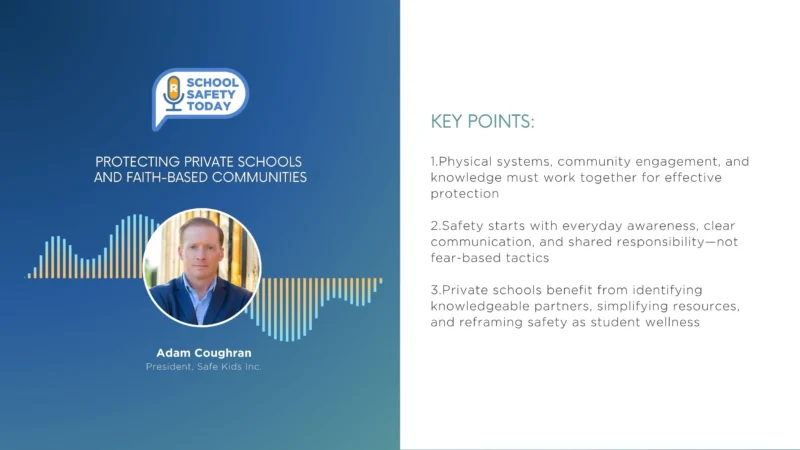AI for Teachers Designed to Untether and Empower—Never Replace
Teachers are overburdened, overwhelmed, and often under-supported. Take the school year of 2022-23, for example — During the year, the average K–12 educator was found to juggle a whopping 49 digital tools. This digital overload, compounded by post-COVID challenges, has not only tethered teachers to their desks but also eroded the essential human connection in classrooms. Amid AI’s explosive rise through large language models like GPT, a new vision for AI for teachers is gaining ground. It aims to empower educators rather than replace them.
Could AI be used not to teach students, but to support and liberate teachers?
In this episode of The Future of Education, host Michael Horn sits down with Satya Nitta, Co-Founder and CEO of Merlyn Mind, to explore why his company has deliberately turned away from the “AI tutor” hype and how his team is reimagining the role of AI in education to support, rather than replace, human teaching. Together, they unpack the journey from building high-functioning AI tutors that no one used to building voice-powered classroom tools that educators love.
The key topics of discussion…
- The AI tutor trap: Satya shares lessons from building one of the most advanced AI tutors at IBM—only to discover students didn’t use it, revealing a fundamental flaw in the “replace the teacher” vision of edtech.
- The teacher is the leverage point: Merlyn Mind’s north star is not tutoring students but untethering teachers. Their approach to AI for teachers enables educators to move around the room, stay in the flow, and focus on students, not their screens.
- AI as a classroom co-pilot: Merlyn’s digital assistant allows teachers to control any browser-based application with their voice, automate routine tasks, and personalize content delivery on the fly—all while staying fully present with their class.
Satya Nitta is an accomplished technologist and entrepreneur with deep expertise in AI, conversational systems, and silicon technology. He spent over 18 years at IBM Research, where he led global efforts in cognitive sciences and AI, and previously contributed to advancing Moore’s Law through innovations in nanoscale silicon design. As co-founder and CEO of both Merlyn Mind and now Emergence AI, he has built and led teams developing transformative AI applications, including the first digital assistant purpose-built for educators.




